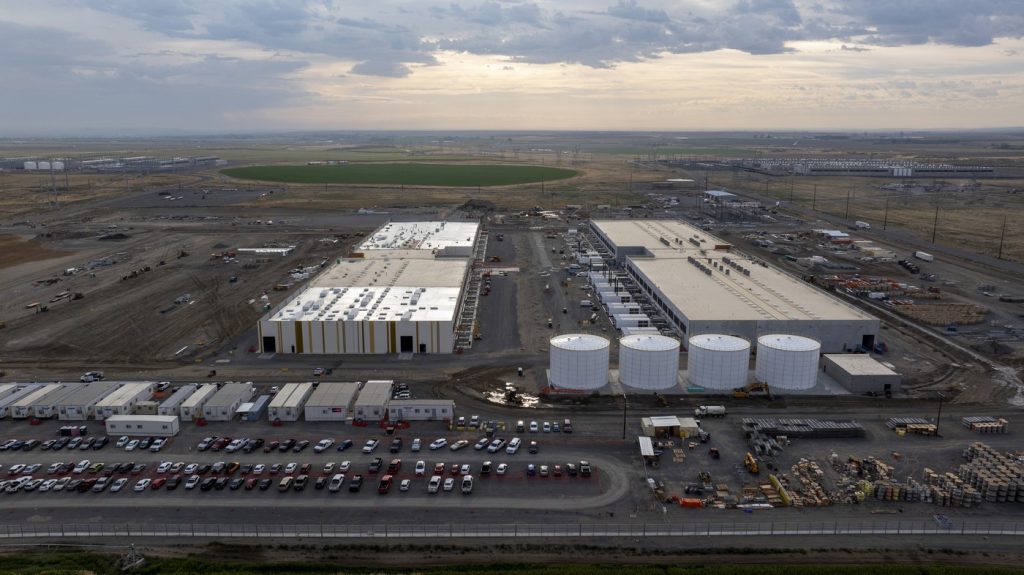The rapid increase in demand for artificial intelligence and cloud computing solutions has led to a surge in data center construction across the United States. As states compete to attract these energy-intensive facilities, many are offering substantial financial incentives. However, this growth has not come without its challenges, as local lawmakers and communities voice their concerns over the implications of such developments.
In recent months, state legislatures have seen heightened activity and competition for data centers, especially following the launch of OpenAI’s ChatGPT in late 2022. Many states are offering financial packages worth millions to entice data center investments, often facing pushback that leads to discussions on requiring these facilities to fund their own energy needs or adhere to energy efficiency standards.
The push for data centers is fueled by their increasing need for land, power, and water, which can lead to conflicts with neighboring communities. Critics point out that data centers create relatively few permanent jobs, while proponents argue that they generate construction jobs, support local businesses, and create significant tax revenue for municipalities.
Pennsylvania is currently drafting legislation to streamline the permitting process for data centers. State Rep. Eric Nelson highlighted that the combination of capable labor, abundant water, and natural gas resources positions Pennsylvania as a competitive candidate for data center investments. However, there is a prevailing sentiment that the bureaucratic processes are hindering economic opportunities totaling billions of dollars that may be relocating to other states.
This year has seen significant legislative movements: Kansas approved a sales tax exemption aimed at encouraging data center construction, while Kentucky and Arkansas expanded existing exemptions to make a broader range of projects eligible. Michigan has also adopted new incentives that come with requirements for energy efficiency and the use of municipal utility resources.
In West Virginia, regulators have created "microgrid districts" exempt from local zoning and electricity rate policies to attract data centers. Governor Patrick Morrisey is promoting this initiative as a flagship proposal aimed at elevating the state’s profile in the competitive landscape for technology companies. Similarly, Utah and Oklahoma have legislated measures enabling data center developers to secure power directly, bypassing traditional grid infrastructure.
In South Carolina, recent legislation allows for expedited construction of power plants specifically to meet data center demands, although this has met with opposition from some lawmakers concerned about the environmental toll and infrastructure costs associated with these large facilities. While proponents view data centers as crucial to sustaining growing energy demands, critics express concerns over resource use and costs that could ultimately burden local consumers.
In states such as Oregon and Georgia, there is an emerging push for regulations requiring data centers to shoulder the financial burden associated with infrastructure upgrades, including new power plants. Similarly, in Virginia, Governor Glenn Youngkin vetoed a bill aimed at increasing disclosure obligations regarding noise and water usage by data center developers, emphasizing the tension between growth and accountability.
In Texas, a state grappling with electric grid stability, lawmakers are deliberating a proposal that could grant regulators significant authority over agreements between data centers and power generators. This legislative session saw concerns from industry representatives who warn that such regulations could deter data center investments, as other states present more favorable terms for developers.
As competition for data centers heats up, states are balancing the drive for economic development with the necessity of managing local resources and community concerns, navigating a complex landscape marked by both opportunity and resistance.











